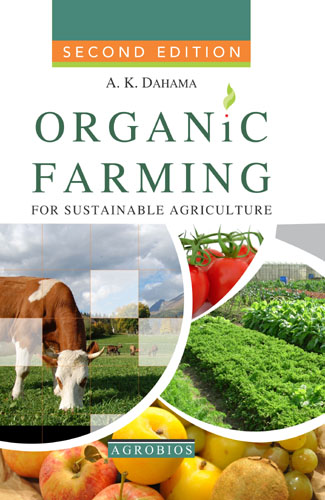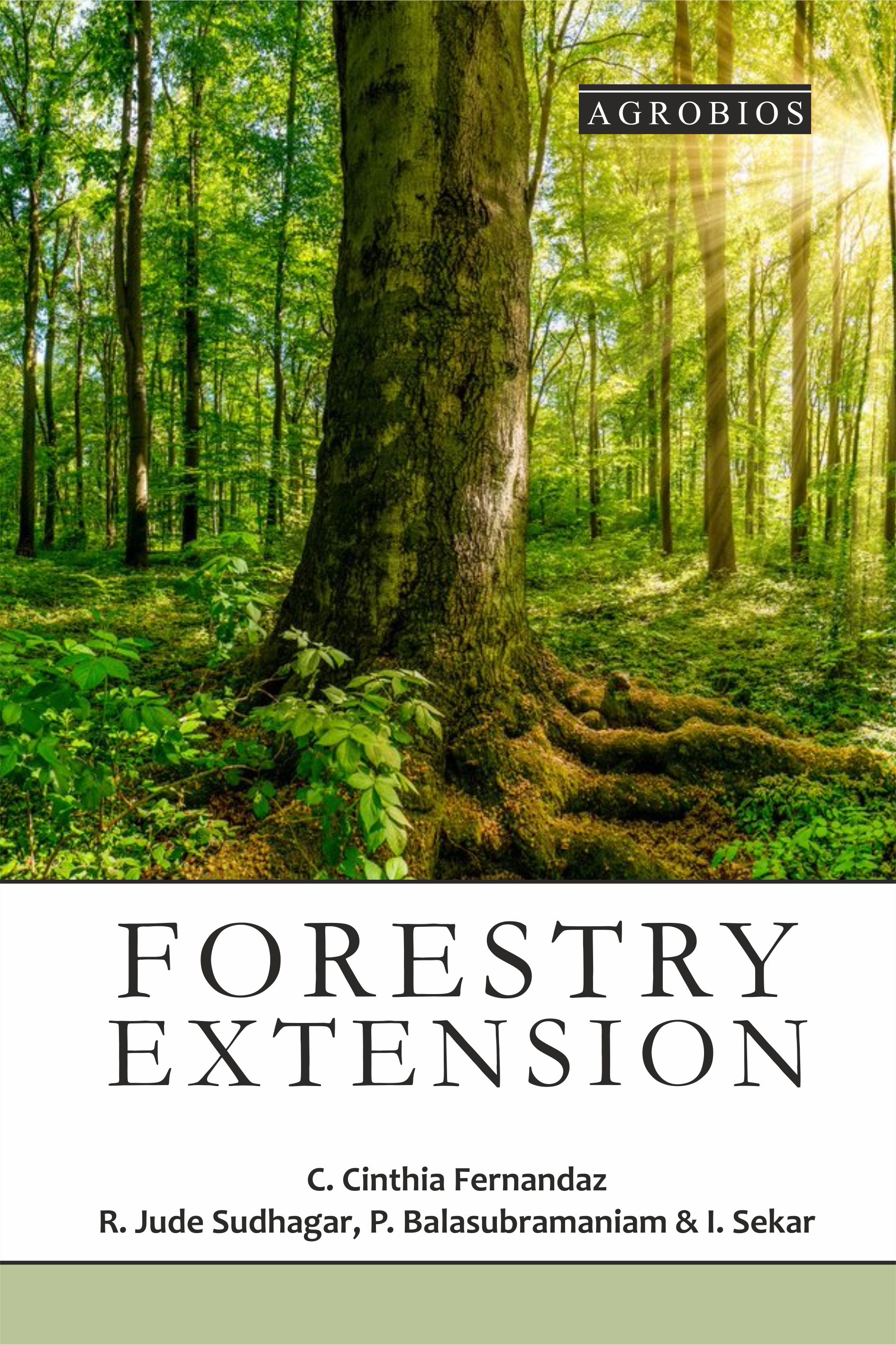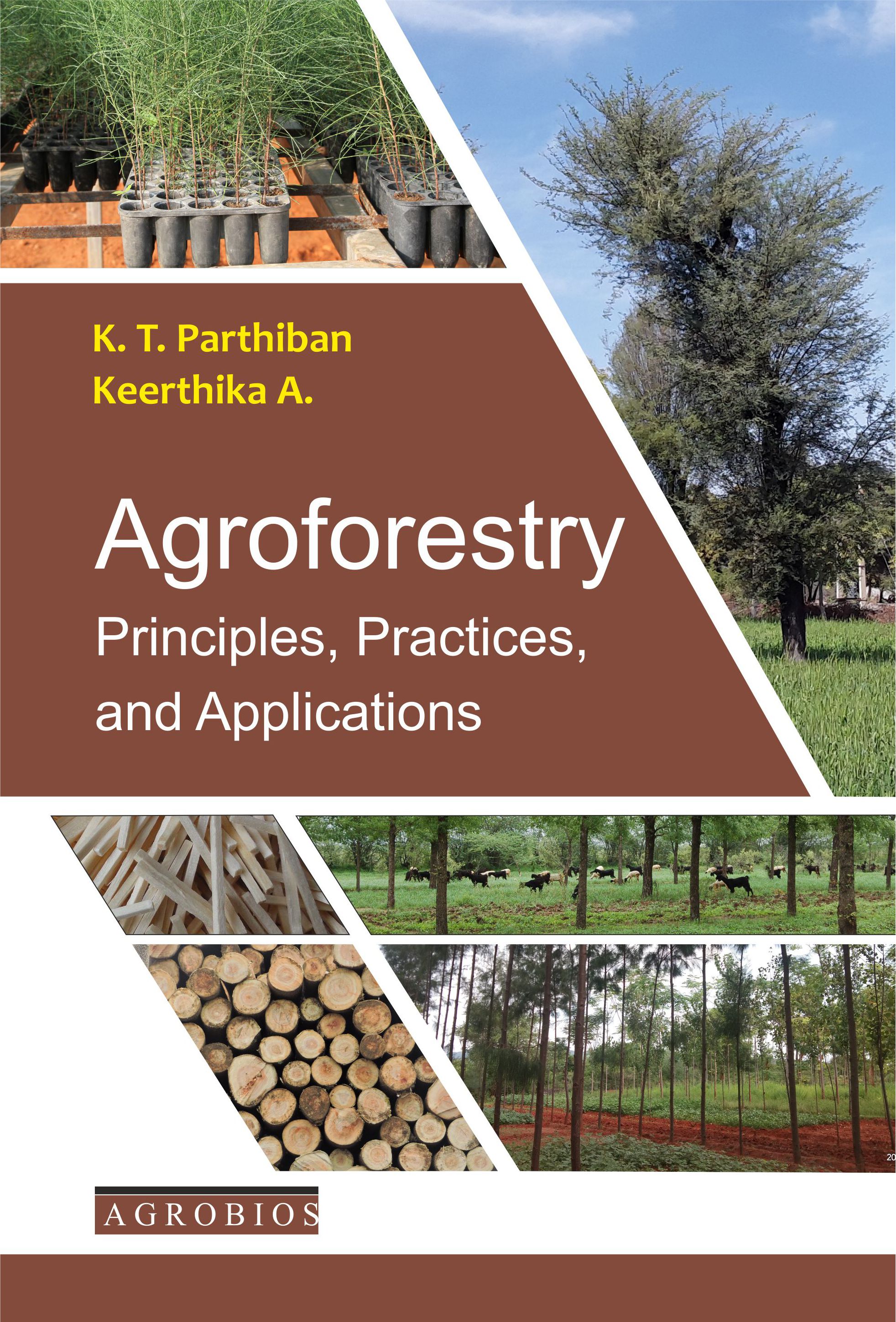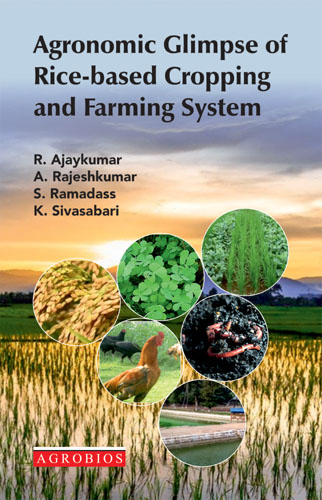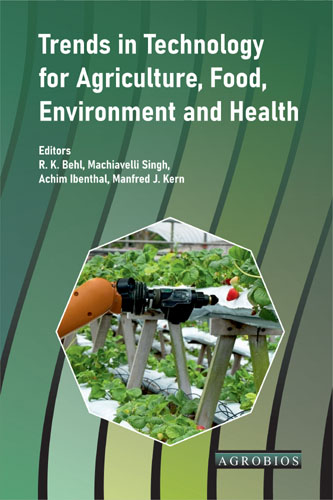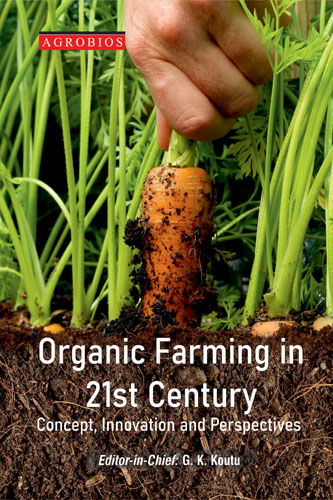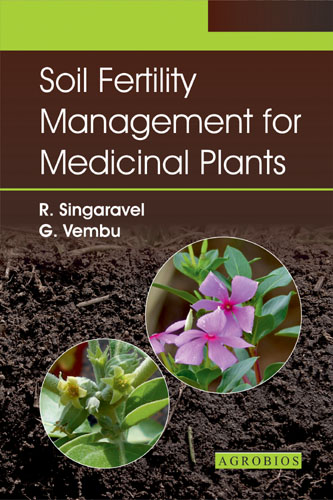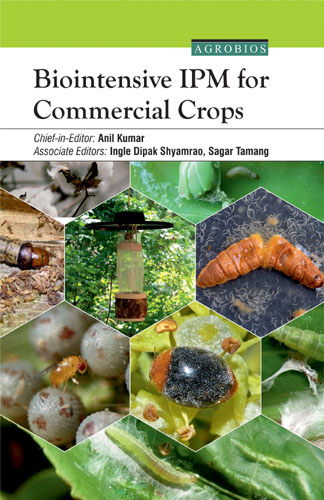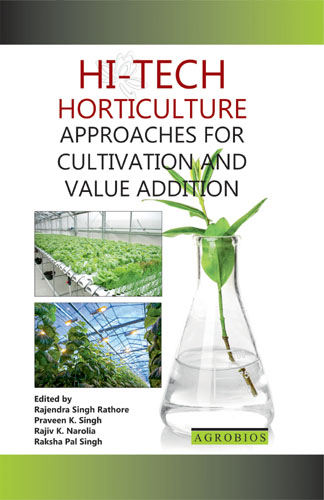Organic Farming For Sustainable Agriculture (2nd Ed.) FEATURED
With the increase in crop yields from modem farming techniques reaching a plateau in most of the countries, and the environmental problems due to excessive use of chemical fertilizers and pesticides becoming a matter of concern, the need for sustainable agriculture is increasingly being felt, the world over. In the process of attaining higher levels of food production for matching, the demands of the growing population during the past four decades, emphasis was laid on intensive agricultural practices. The technologies generated over the past four decades have proved, detrimental to the natural resource base and the environment in different parts of the world.
The gravity of the environmental degradation has drawn the attention of the scientists and planners towards finding out ecologically sound, viable and sustainable farming systems for different agro climatic situations, keeping in view the needs of the present and future generations. Steps taken in this direction demand a global policy, as environmental degradation has far reaching and long-term effects. The farming practices that are governed by the principles of ecology have proved to be highly productive and sustainable in several parts of the world. Adoption of such farming systems should not be treated as a reversion to the inefficient and less productive agricultural practices of the era prior to that of intensive agriculture.
In view of resurgence of interest in alternate agriculture in recent years, organic farming has been considered to be a sound and viable option in most of the countries. In this direction the recommendations of the Atlanta Conference of 1981 on "Organic Farming have acted as catalysts in triggering interest in the organic agricultural systems across the world. The available information on different aspects of organic farming is very meagre and fragmented. Some of the research work undertaken during the era prior to the adoption of the intensive agricultural systems, has relevance to the present day Organic Farming. Research information generated during the past four decades of high-tech agriculture has little appreciation for organic farming systems, especially those related to sustainable agriculture. Thus, the progress of the organic farming systems will largely depend on generation of new technology, suitable to a particular structural and agro climatic set-up.
Here, an attempt has been made to compile available information and present the current status of organic farming, its strength and weaknesses, and research needs, for providing a basis for development of alternate farming systems, which are sustainably sound and viable on a long-term basis. The text covers available information on principles and practices of organic farming, status of sustainable agricultural systems, agricultural pollution through soil and agrochernicals, traditional and non- traditional -additives, on-farm and off-farm wastes and their use, and future trends in respect of organic farming.
Agricultural scientists endorse all the beneficial aspects of organic farming practices but, at the same time, express doubts about their adoption on a large scale, in view of lack of adequate research support. Thus, adoption of organic farming practices should be gradual and systematic, backed-up by a sound research and development net-work. The present world scenario demands that all nations become invested in the greatest challenge ever faced by any sentient species-sustaining natural resources and agriculture for supporting life on the planet. Organic agriculture has an important role to play in this direction. I hope this publication shall be found useful in meeting some of the requirements of the noble cause as mentioned above.
Dahama AK
555
Table of Contents..
- Organic Farming: An Overview
- Sustainable Agricultural Systems: the World Scenario
- Management of Agricultural Pollution: Soil Pollution
- Management of Agricultural Pollution: Agrochemicals
- Use of Traditional Additives for Organic Farming
- Use of Non-Traditional Additives for Organic Farming
- Agricultural Waste Management and Crop Production
- Biogas Technology for Organic Farming
- Waste Water Treatment and Use for Organic Farming
- Domestic and Industrial Wastes for Organic Farming
- Future Trends in Organic Farming
- References
Table of Contents..
Book Details
Book Title:
Organic Farming For Sustainable Agriculture (2nd Ed.) FEATURED
Organic Farming For Sustainable Agriculture (2nd Ed.) FEATURED
Book Type:
TEXT-CUM-REFERENCES BOOK
TEXT-CUM-REFERENCES BOOK
No Of Pages:
320
320
Color Pages :
0
0
Color Pages :
0
0
Book Size:
DEMY (5.5X8.5)
DEMY (5.5X8.5)
Weight:
460 Gms
460 Gms
Copyright Holder:
All Rights Reserved
All Rights Reserved
Imprint:
M/s AGROBIOS (INDIA)
M/s AGROBIOS (INDIA)
Readership:
ENTREPRENEURS | EXTENSION WORKERS | FIELD WORKERS | PG STUDENTS | SCIENTISTS AND RESEARCHERS | UG STUDENTS |
ENTREPRENEURS | EXTENSION WORKERS | FIELD WORKERS | PG STUDENTS | SCIENTISTS AND RESEARCHERS | UG STUDENTS |
Associated Subjects:
Agronomy , Horticulture , Organic Farming , Soil Science , Sustainable Agriculture , Crop Ecology And Environment , Natural Resources Management , Vermicomposting , Eco-friendly & Biocontrol , 5th Deans Committee ,
Agronomy , Horticulture , Organic Farming , Soil Science , Sustainable Agriculture , Crop Ecology And Environment , Natural Resources Management , Vermicomposting , Eco-friendly & Biocontrol , 5th Deans Committee ,



